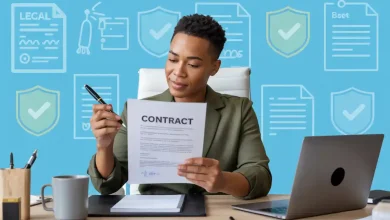Tenant Rights: Powerful Protections for Renters in 2025
Your Guide to Safe, Fair, and Secure Renting After the Pandemic

Tenant rights are more important than ever in 2025’s rental market. The COVID-19 pandemic changed the way people rent and live, and governments around the world have responded with new laws and protections for renters. Understanding your tenant rights is essential for anyone renting a home, whether you’re just starting out or have been renting for years. This guide will explain what tenant rights are, how they have changed since the pandemic, and how you can protect yourself as a renter.
What Are Tenant Rights?
Tenant rights are the legal protections that help renters live safely and fairly in rented homes. These rights are set by local, state, or national laws and cover many important areas, such as:
- Fair treatment by landlords
- Safe and healthy living conditions
- Clear rules about rent and deposits
- Protection from unfair eviction
- Privacy and respect in your home
Tenant rights help balance the relationship between landlords and renters. They make sure that renters are not treated unfairly and that landlords follow the law.
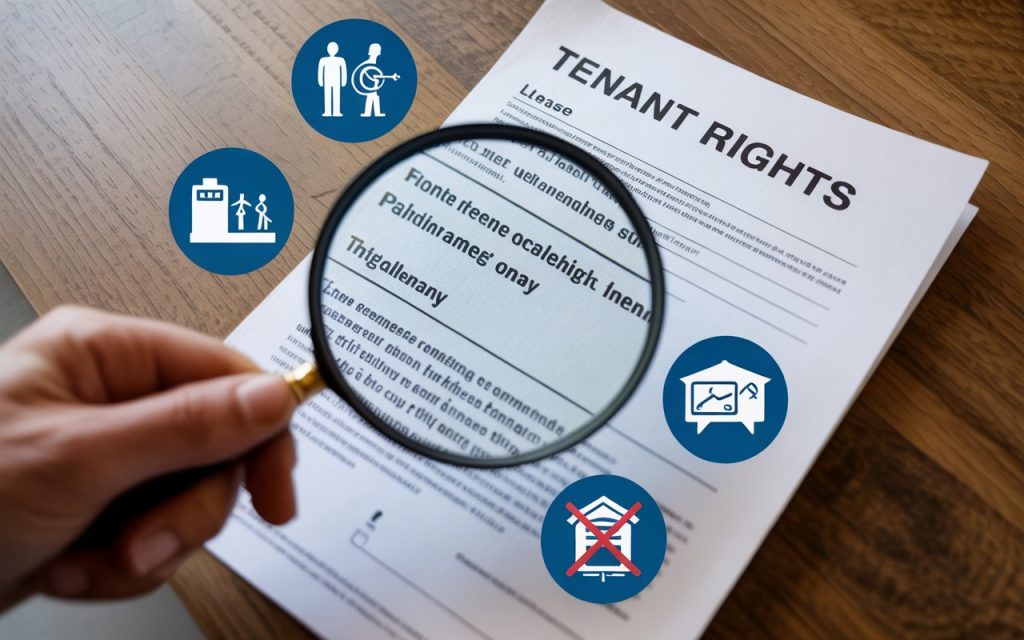
How the Pandemic Changed Tenant Rights
The COVID-19 pandemic had a huge impact on the rental market. Many people lost their jobs or saw their income drop, making it hard to pay rent. Governments around the world introduced new rules to help renters stay in their homes. Some of these changes are still in place or have led to stronger tenant rights today.
Key Pandemic Changes
- Eviction bans: Many places stopped landlords from evicting tenants who could not pay rent because of COVID-19.
- Rent relief: Some governments offered help to pay rent or paused rent increases.
- Extra time to pay: Tenants got more time to catch up on missed rent.
- No blacklisting: Tenants who fell behind on rent because of the pandemic were protected from being listed as bad renters.
These changes helped many people stay in their homes during a tough time. Some of these protections have become permanent or led to new laws.
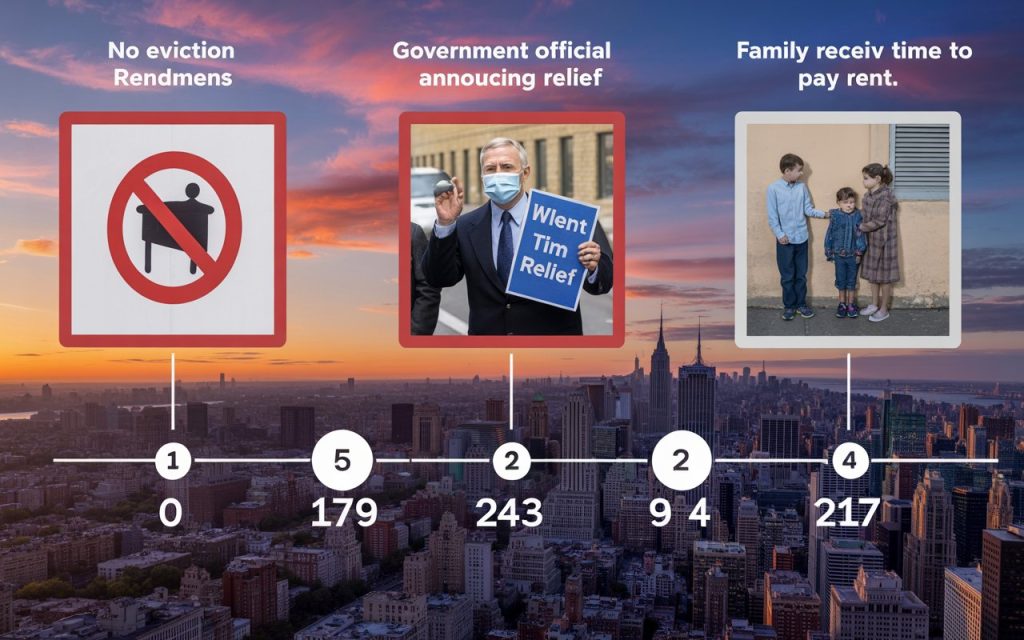
Tenant Rights in 2025: What’s New?
After the pandemic, many countries have made tenant rights stronger. Here are some of the most important updates for 2025:
1. No More “No-Fault” Evictions
In many places, landlords can no longer evict tenants without a good reason. For example, in the UK, the law is changing to stop “Section 21” evictions, where landlords could ask tenants to leave without giving a reason. Now, landlords must have a legal reason to end a tenancy.
2. Limits on Rent Increases
New laws limit how often and how much landlords can raise rent. In some places, rent can only go up once a year, and tenants can challenge unfair increases. Some cities and states have “rent control” to keep rents from rising too fast.
3. Clear Rules About Deposits and Fees
Landlords must now be clearer about how much deposit they take and what it is for. Some places also limit how much landlords can charge for deposits and fees.
4. Better Notice Periods
If a landlord wants a tenant to leave, they must give more notice. In some places, this is now 60 or even 90 days, instead of just a few weeks.
5. More Flexibility for Tenants
Many new laws make it easier for tenants to end a tenancy early if they need to. This helps people who move for work or family reasons.
6. Protection for Pets
Some new laws make it easier for tenants to keep pets in rented homes. Landlords must now have a good reason to say no to pets.
7. Improved Access to Repairs
Landlords are now required to respond more quickly to repair requests. Tenants have more power to get urgent repairs done, even if the landlord is slow to act.
8. Greater Privacy Protections
New laws give tenants more privacy rights. Landlords must give notice before entering the property, except in emergencies.

Table: Key Tenant Rights in 2025
| Right | What It Means | Example in 2025 |
|---|---|---|
| Protection from eviction | Landlords need a legal reason to evict tenants | No more “no-fault” evictions |
| Rent increase limits | Rent can only go up once a year, and tenants can challenge unfair increases | Rent control in some cities |
| Clear deposit rules | Landlords must be clear about deposits and fees | Limits on deposit amounts |
| Longer notice periods | Landlords must give more notice before ending a tenancy | 60–90 days’ notice required |
| Flexibility to end tenancy | Tenants can end tenancies early with proper notice | Easier to move for work or family |
| Pet protection | Tenants have more rights to keep pets | Landlords need a good reason to say no to pets |
| Access to repairs | Landlords must respond quickly to repair requests | Tenants can request urgent repairs |
| Privacy protections | Landlords must give notice before entering the property | More privacy for tenants |
How to Protect Your Tenant Rights
Knowing your tenant rights is the first step to protecting yourself. Here are some tips:
1. Read Your Lease Carefully
Before you sign a lease, read every part of it. Look for rules about rent, deposits, repairs, and ending the tenancy. If you don’t understand something, ask the landlord or a lawyer for help.
2. Know the Law
Learn about the tenant rights in your area. Many local governments have websites or hotlines where you can get free advice.
3. Keep Records
Save copies of your lease, rent receipts, and any messages with your landlord. This helps if there is a dispute later.
4. Report Problems
If your home needs repairs or is unsafe, tell your landlord in writing. If they don’t fix the problem, you may have the right to get help from the local government.
5. Know How to Challenge Unfair Treatment
If you think your landlord is not following the law, you can complain to a local housing agency or tenant group. In some cases, you may be able to take legal action.
6. Join a Tenant Union
Tenant unions and groups offer support and advice. They can help you understand your rights and stand up to unfair treatment.
7. Use Online Resources
Many government and nonprofit websites have information about tenant rights in your area. These resources are free and easy to use.
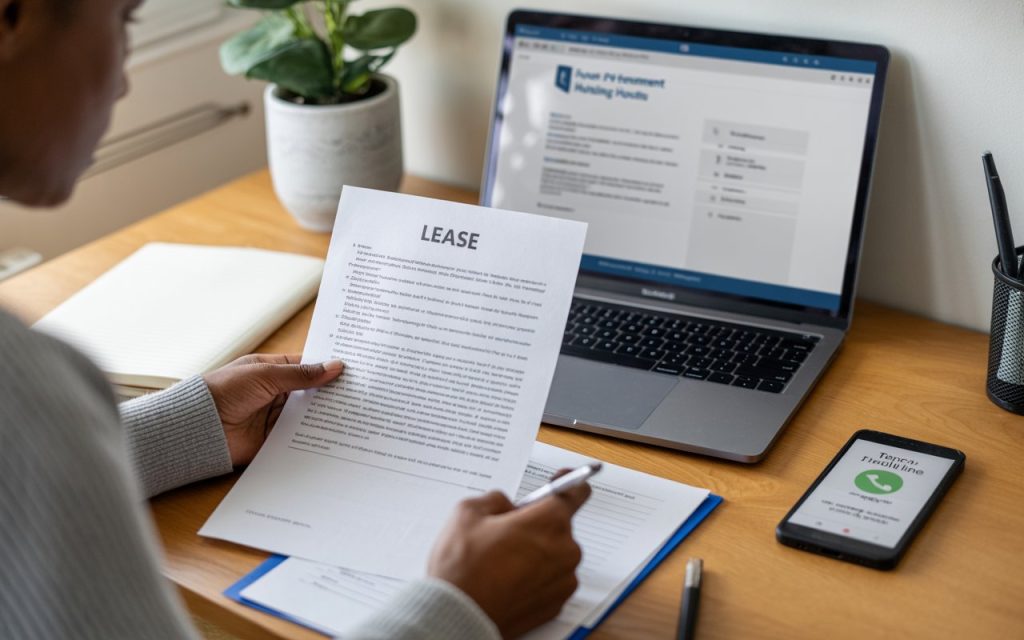
What Landlords Must Do
Landlords also have new responsibilities in the post-pandemic market:
- Follow the law: Landlords must obey all new rules about evictions, rent, and deposits.
- Keep homes safe: Landlords must make sure homes are safe and in good repair.
- Be fair: Landlords must treat all tenants fairly and not discriminate.
- Be transparent: Landlords must be clear about fees, deposits, and rules.
- Respect privacy: Landlords must give notice before entering the property.
- Respond to repairs: Landlords must fix urgent problems quickly.
The Impact of Stronger Tenant Rights
Stronger tenant rights have made renting safer and fairer for millions of people. Here are some of the benefits:
- More stable homes: Tenants are less likely to lose their homes suddenly.
- Fairer rents: Rent increases are limited and must be reasonable.
- Better living conditions: Landlords must keep homes safe and healthy.
- More respect: Tenants have more say in how their homes are managed.
- Greater privacy: Tenants have more control over who enters their home.
- Easier to move: Tenants have more flexibility to end their tenancy if needed.
Challenges in the Post-Pandemic Rental Market
Even with stronger tenant rights, there are still challenges:
- High demand: In many cities, there are more renters than available homes, which can make it hard to find a place to live.
- Rising costs: Even with rent control, rents are still high in many areas.
- Landlord concerns: Some landlords worry that new rules make it harder to manage their properties.
- Repair delays: Some landlords are slow to fix problems, even with new laws.
- Discrimination: Some renters still face unfair treatment based on race, gender, or other factors.
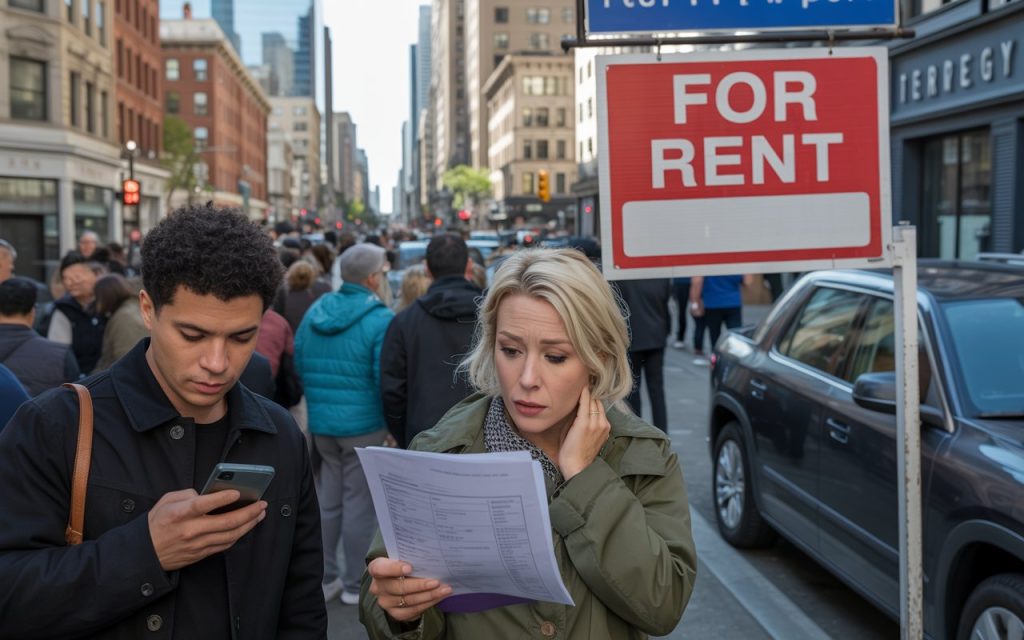
How to Find Help with Tenant Rights
If you need help understanding or protecting your tenant rights, there are many resources:
- Local housing agencies: Most cities have agencies that help renters with problems.
- Tenant unions and groups: These organizations offer advice and support.
- Legal aid: Many places have free or low-cost legal help for renters.
- Online resources: Government and nonprofit websites have information about tenant rights in your area.
- Community centers: Some community centers offer workshops and advice for renters.
Real-Life Examples of Tenant Rights in Action
Here are some examples of how tenant rights have helped renters:
- Maria in London: Maria lost her job during the pandemic and could not pay rent. Thanks to eviction bans, she was able to stay in her home and get back on her feet.
- Ahmed in New York: Ahmed’s landlord tried to raise his rent by 20%. Because of rent control laws, Ahmed was able to challenge the increase and keep his rent affordable.
- Lisa in Sydney: Lisa wanted to keep her cat in her rented flat. The new pet protection laws meant her landlord had to have a good reason to say no.
- Javier in Toronto: Javier’s landlord refused to fix a broken heater. Thanks to new repair laws, Javier was able to get the heater fixed quickly.
- Priya in San Francisco: Priya’s landlord tried to enter her apartment without notice. Because of new privacy laws, Priya was able to stop this from happening.
Frequently Asked Questions (FAQs)

Q: What are tenant rights?
A: Tenant rights are the legal protections that help renters live safely and fairly in rented homes. They cover things like fair treatment, safe living conditions, and protection from unfair eviction.
Q: How did the pandemic change tenant rights?
A: The pandemic led to new rules like eviction bans, rent relief, and extra time to pay rent. Many of these protections have become permanent or led to stronger tenant rights.
Q: Can my landlord evict me without a reason?
A: In many places, landlords now need a legal reason to evict tenants. “No-fault” evictions are being stopped in many countries.
Q: How often can my landlord raise my rent?
A: New laws often limit rent increases to once a year, and tenants can challenge unfair increases.
Q: Can I keep a pet in my rented home?
A: Many new laws make it easier for tenants to keep pets. Landlords must have a good reason to say no.
Q: What should I do if my landlord breaks the rules?
A: If your landlord is not following the law, you can complain to a local housing agency or tenant group. You may also be able to get legal help.
Q: Where can I get help with tenant rights?
A: You can get help from local housing agencies, tenant unions, legal aid, and online resources.
Q: What should I do if my landlord won’t fix something in my home?
A: Tell your landlord in writing about the problem. If they don’t fix it, contact your local housing agency or tenant group for help.
Q: Can my landlord enter my home whenever they want?
A: No, landlords must give notice before entering your home, except in emergencies.
The Future of Tenant Rights
The rental market is still changing after the pandemic. Governments, landlords, and renters are working together to make renting safer and fairer. Stronger tenant rights are likely to stay, and new protections may be added in the future. Some possible future changes include:
- More rent control: More cities and states may introduce rent control to keep rents affordable.
- Better enforcement: Governments may do more to make sure landlords follow the law.
- More support for renters: There may be more help for renters who face unfair treatment or need legal advice.

How to Stay Informed About Tenant Rights
To protect yourself as a renter, stay informed about tenant rights in your area. Here are some tips:
- Check local government websites for updates on rental laws.
- Join a tenant union or group to get support and advice.
- Follow news about housing to learn about new laws and protections.
- Ask for help if you have questions or problems with your landlord.
- Attend workshops or community events about renting and tenant rights.
Conclusion
Tenant rights are stronger than ever in the post-pandemic rental market. New laws protect renters from unfair eviction, unreasonable rent increases, and unsafe living conditions. By knowing your tenant rights and where to get help, you can rent with confidence and security. Whether you are looking for a new home or already renting, these protections help make sure you are treated fairly and can live safely in your community.

